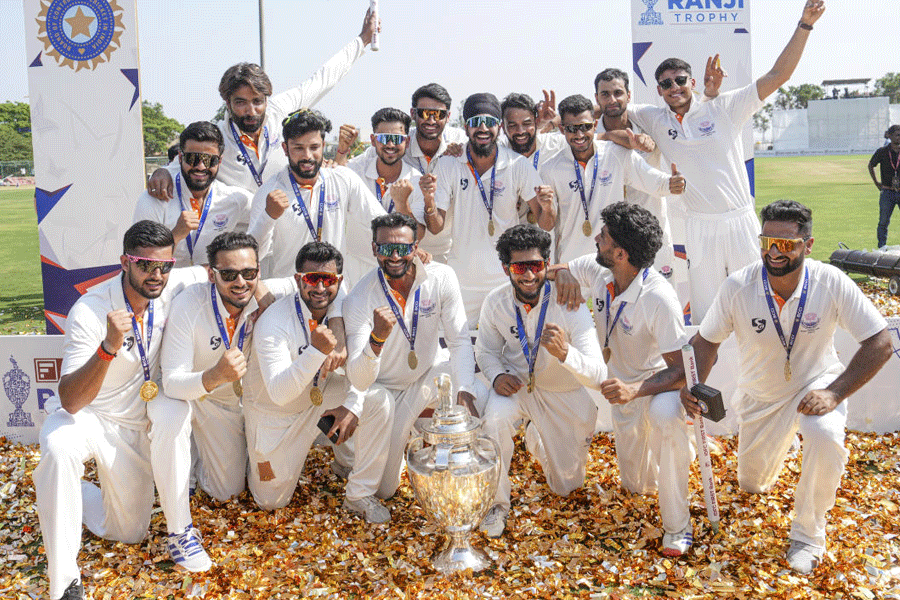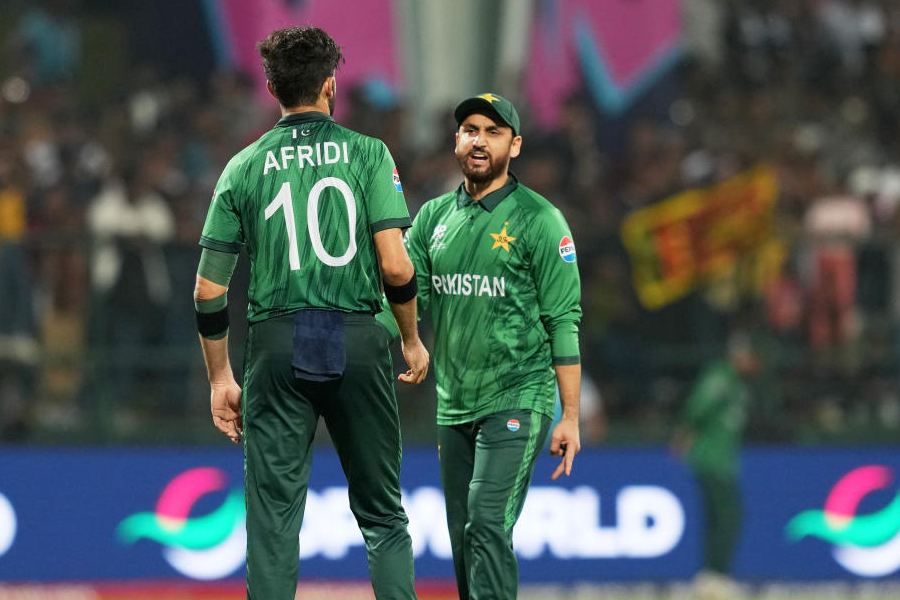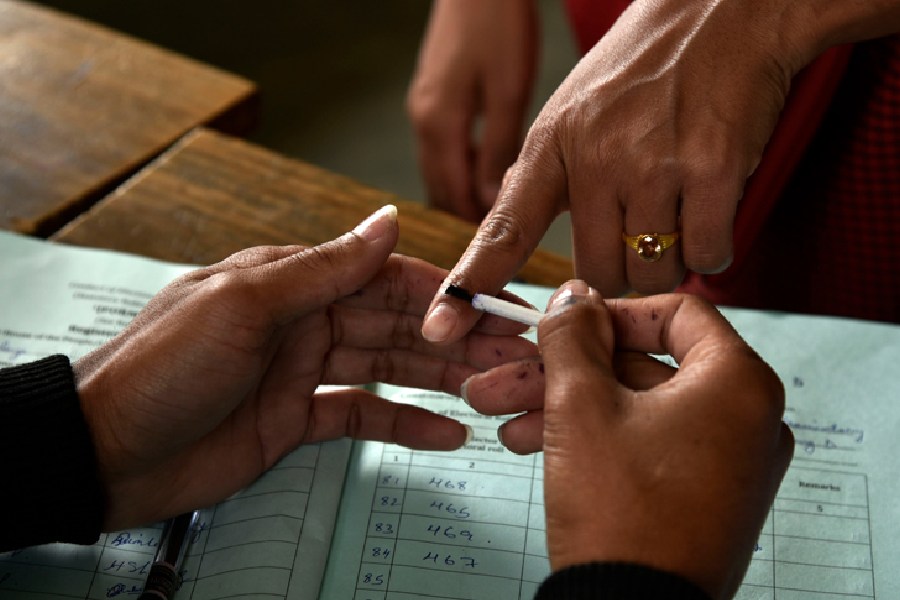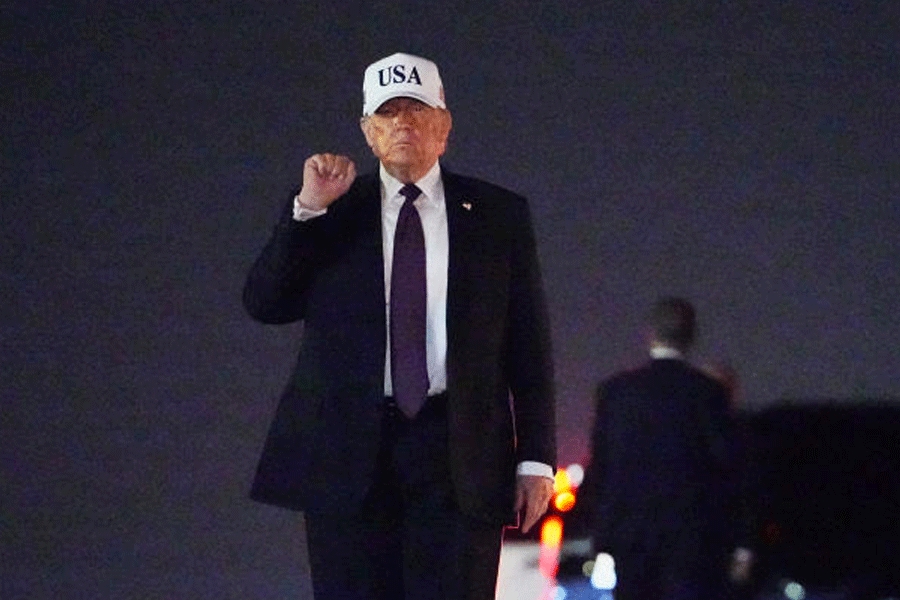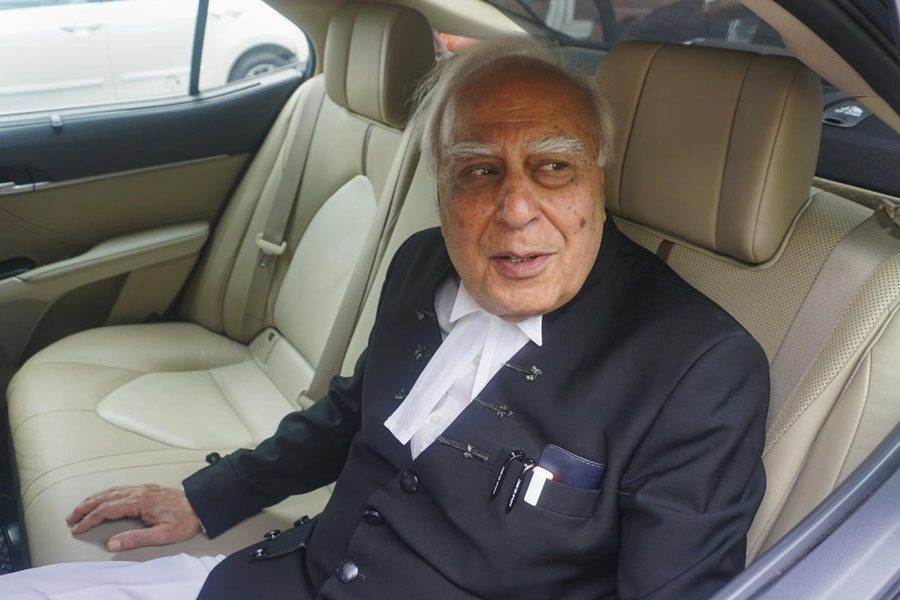New Delhi, April 1: India and Russia have crafted a path-breaking deal on nuclear liability after four years of gruelling negotiations that will allow the first import of nuclear reactors since Manmohan Singh staked his government on opening up the nation’s nuclear sector to foreign partners.
The deal, which prices Russian reactors taking into account India’s nuclear liability law that Moscow and other suppliers have criticised as too harsh, may also offer a template for a similar pact with France, Indian officials said.
The two nations are expected to ink the deal — a last-minute foreign policy feather in the UPA government’s cap — this month before Singh ends a decade-long tenure as Prime Minister, senior Indian and Russian officials have confirmed to The Telegraph.
The two Russian reactors, meant for India’s Kudankulam plant near Chennai, will each cost about $2.5 billion (Rs 15,000 crore) and will generate electricity that will cost customers just under Rs 6 a unit, according to detailed calculations by Indian negotiators.
“Diplomatically, it’s a done deal,” an official said. “We’re just finalising the finer details before signing it. It should happen within a month.”
But the breakthrough with Russia will not help India resolve persistent differences on nuclear liability with the US, the country that ironically helped India end more than three decades of nuclear isolation that began with the 1974 atomic weapons tests.
India won a crucial exemption from the Nuclear Suppliers Group (NSG) — a club of the world’s nuclear trading nations — in 2008 that allowed it to import nuclear fuel and technology without being a member and without signing global treaties that ban nuclear tests.
That exemption was earned weeks after India and the US signed a landmark nuclear deal. Washington had lobbied hard for New Delhi at the NSG, confident that its firms would be key beneficiaries when India opened up its nuclear market.
Just months earlier, Singh had risked the survival of his government on the pact with the US and survived a floor test in Parliament.
The waiver from the NSG allowed Russia and France to also sign key nuclear deals with India in 2009. Singh in January called the Indo-US nuclear deal his “best moment” in office.
But the nuclear liability law that the Indian Parliament passed in 2010 has since stalled the implementation of the deals with the US, Russia and France. The three nations — and domestic Indian companies — have argued that a provision in the law that allows, in theory, unlimited financial liability for the supplier in the event of an accident will make it impossible for them to find insurers for their reactors.
US companies Westinghouse and General Electric, which had committed to selling reactors for nuclear complexes in Gujarat and Andhra Pradesh, also argued that the possibility of an unlimited compensation for an accident would damage their financial stability in the eyes of shareholders.
India began painstaking negotiations with each of the three nations to find a middle ground that would account for their fears while also acknowledging the nuclear liability law.
But it was only during a recent visit to India by Russian Deputy Prime Minister Dmitry Rozogin that the two nations firmed up an agreement that the Nuclear Power Corporation of India Limited (NPCIL) and Russia’s state-owned Rosatom will sign, officials said.
Under the agreement, India’s public sector General Insurance Company has evaluated each component of the Russian reactors and has prescribed an insurance premium it will charge to cover any compensation Russia has to pay for an accident.
These premiums — for 20 years, the lifetime of the reactors — have then been added to the original cost of the reactors to arrive at the price tag that India will pay. The original cost of the reactors was about $1 billion (Rs 6,000 crore) each — and the delays and the insurance cover have led to the increase in price.
“Sure, ultimately the government of India — that is your taxpayer — is effectively covering the liability, but that is the only way it was ever going to be,” a Russian official said.
Fundamentally, the agreement is based on trust — that the government of India and its insurance firm will not renege on its commitment and refuse to cover the liability in the event of an accident.
The deal with Russia may offer a template for a pact with France too, officials said. With France, as with Russia, the deal would effectively be a government-to-government agreement — French nuclear firm Areva, which has committed reactors for Maharashtra’s Jaitapur, is government owned like the NPCIL and Rosatom.
But India and the US are still nowhere close to stitching together a deal, officials said, because private firms like Westinghouse and GE are sceptical about trusting an Indian government insurance firm, officials said.
“The hope,” an official said, “is that once Russia and France ink agreements, the pressure of the market will force the US to ease up its demands a bit.”





